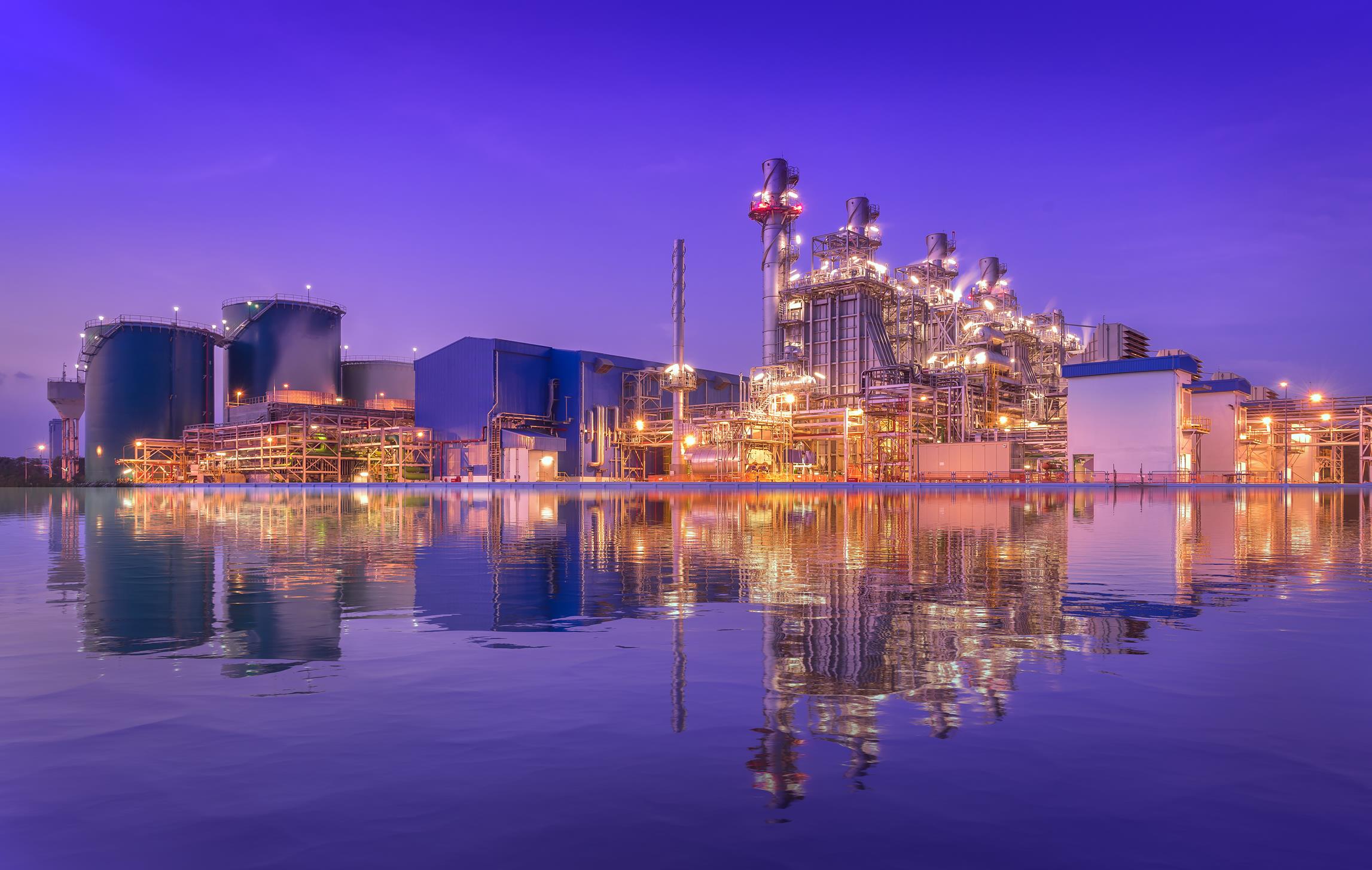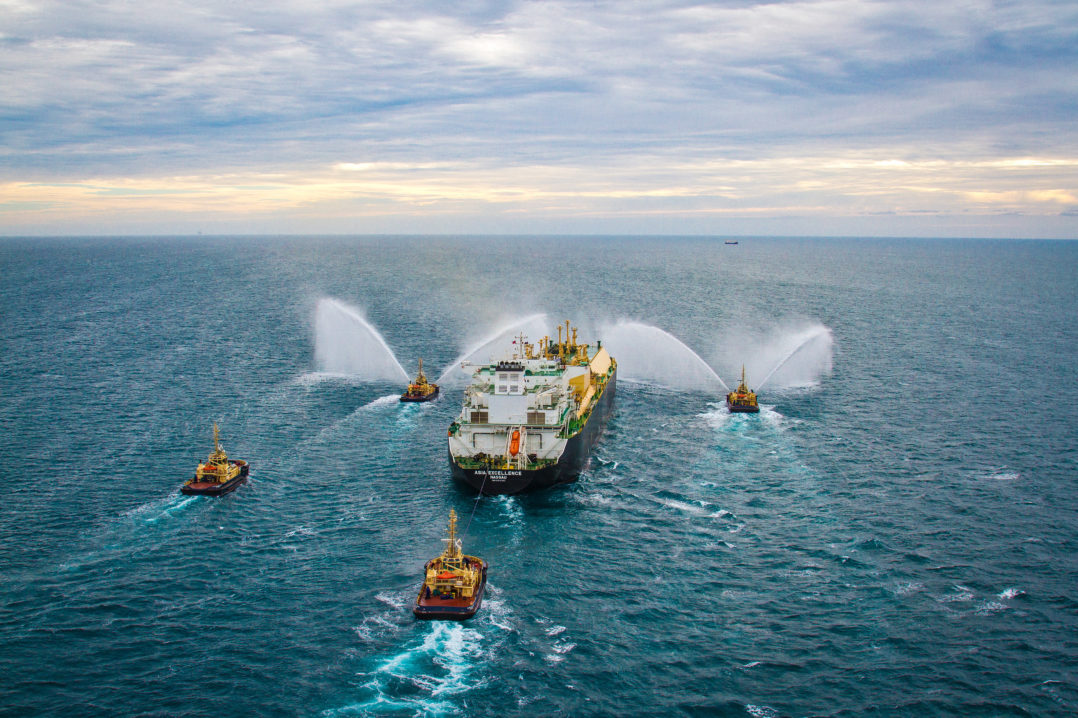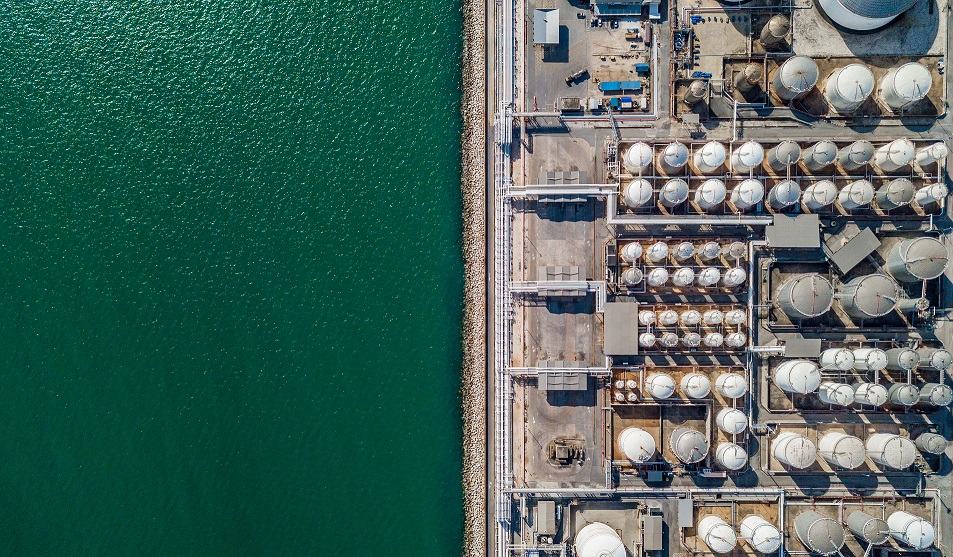In a submission to the Victorian government’s ‘gas substitution’ roadmap, APPEA has warned that any moves to ‘scapegoat gas’ and deny energy choice to Victorians will cost families thousands of dollars, hurt the state’s economy and risk reaching its net zero 2050 target.
APPEA Victorian Director Ashley Wells said the Government should put natural gas at the front and centre of any cleaner energy future, not try and replace it.
“The Victorian Government is sensibly thinking about its future energy mix, but simply taking natural gas out of the picture does nothing but make Victoria’s energy security more unreliable,” Mr Wells said.
“With more than two million Victorian homes connected to natural gas (83% of homes), 65,000 commercial gas customers and more than 600 large industrial users of natural gas, Victorians know that reliable and cheaper energy comes from natural gas.
Cost comparison
“For example, according to a recent comparison by Canstar*, gas running costs are approximately 30 to 45 per cent lower than their electricity counterparts and that’s not including the thousands of dollars it would cost to convert your home from gas to electricity.
“Picking winners and taking away a cleaner, reliable and cheaper form of energy by depriving Victorians of natural gas risks doing more harm than good.
“Efforts to reduce emissions should not be targeted at any one sector but rather focused on the core objective of reducing emissions across the entire economy.”
Mr Wells said it is ironic that removing natural gas from the Victorian energy mix risks a clean energy future, not help reach it.
“Victoria’s electricity system is still heavily reliant on brown coal making up more than 70%** of the mix and renewable energy makes up the equivalent of just 4 per cent of Victoria’s energy consumption – so essentially you will be replacing gas with a far dirtier fuel source by switching to electricity,” he said.
“This is clearly supported by modelling undertaken for the Department of Environment, Land and Planning in 2017 which under every scenario modelled for the Department, sees natural gas having a bigger role to play in delivering energy stability in Victoria out to 2050.”
Mr Wells said APPEA supports practical efforts to decarbonise the economy, and Australia is already on a pathway to decarbonise the gas sector to help meet our nation’s emission reduction commitments under the Paris Agreement on climate change.
“The oil and gas sector is working hard to reduce, offset and mitigate emissions in its operations,” Mr Wells said.
“As we have seen in South Australia, Britain, the US and elsewhere, natural gas plays a critical role in complementing intermittent renewable energy sources such as wind and solar.
“Gas has a critical role in any cleaner energy future. The role of natural gas as a lower emitting and cleaner burning fuel is driving much of the international demand for liquefied natural gas (LNG).
“The Australian Government estimates that our exports of LNG have the potential to lower emissions in LNG importing countries by around 170 Mt CO₂-e by providing an alternative to higher emissions fuels — the equivalent of almost one-third of Australia’s total annual emissions.
“The industry also has the technology, skills, experience and commercial relationships to develop a world-scale hydrogen industry both domestically and for export and to significantly scale up carbon capture and storage (CCS) activities.
“The point is that policies to achieve net zero emissions should be broad-based and should not focus solely on promoting a particular pathway against other viable alternatives.”
Mr Wells said plans to substitute gas also goes against the majority of Victorians wishes with polling revealing an overwhelming number of Victorians would rather live somewhere else if denied the opportunity to use gas in their homes.
The independent research, commissioned by APPEA, showed 62% of Victorians would rather buy or rent somewhere else if they weren’t allowed to hook up to gas or use gas appliances.
“Natural gas has provided a safe and reliable energy source for Victorians for more than 60 years and the majority of the population wants that to continue,” he said.
“It is clear Victorians want choice. As a naturally occurring and abundant resource, natural gas will continue to play an important role in powering Australian homes and businesses.
“Victorians have embraced natural gas with 51% planning to use the gas heater as their primary way to keep warm this winter over the electric heater (32%), wood burner (9%) and the doona (8%).
“Victorians would literally be in the cold without gas this winter.”





